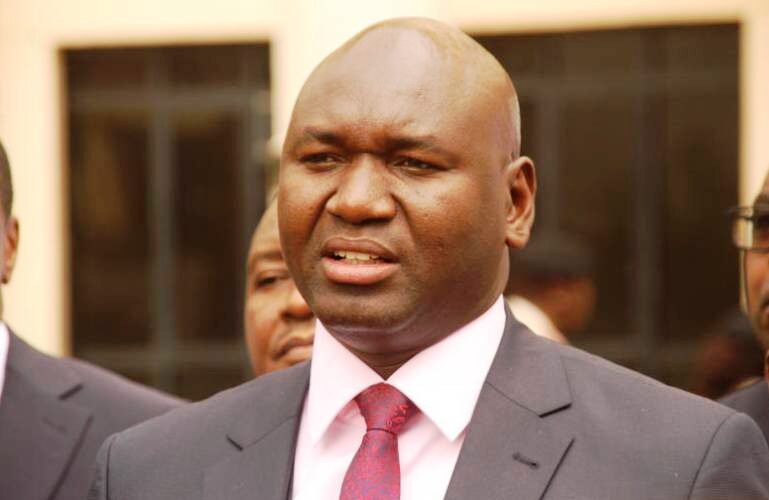The Ministry of Education has intensified its audit of student enrolment records, a move that former presidential adviser Moses Kuria says will end years of unchecked financial leakages in the education sector.
Kuria disclosed that Kenya loses close to Sh12 billion annually through fraudulent enrolment claims by ghost schools and fictitious students. He linked the losses to loopholes in the Sh120 billion capitation fund, part of the government’s Sh700 billion education budget. “We’ve been losing at least 10 percent annually. The new reforms are long overdue. Without verification, there should be no capitation at all,” Kuria said.
The verification process, spearheaded by Basic Education Principal Secretary Julius Bitok, requires every school to submit accurate data for each learner before receiving funding. This includes Unique Personal Identifiers (UPIs), registration numbers, and certified account details.
Speaking during a monitoring exercise at Machakos Teachers Training College, Bitok revealed that 98 percent of the country’s public schools—about 32,000 institutions—have complied with the directive. However, only 3,000 schools have been cleared to receive third-term allocations so far.
“Schools that meet the criteria are being funded immediately. By the close of next week, we expect all compliant institutions to have their accounts credited,” Bitok assured.
He justified the painstaking process, noting that past audits highlighted widespread discrepancies in capitation disbursement. “This exercise is not just a bureaucratic hurdle—it is an accountability measure to ensure public resources benefit genuine learners. Every child deserves their fair share,” he emphasized.
The PS pointed out that secondary schools have recorded the fastest compliance rates, followed by junior schools. Primary schools have been slower due to challenges such as poor internet access, which hampers online data submission. He singled out Masii Boys High School in Machakos as a success story, where full funding was released after timely verification.
To ease the transition, the Ministry has extended the submission deadline to September 12, 2025. However, Bitok cautioned that principals and county supervisors who ignore the directive will face disciplinary action.
“These reforms are meant to protect learners and safeguard the billions that taxpayers invest in education. Non-compliance will not be tolerated,” he warned.
With the audit gaining momentum, education stakeholders are optimistic that the sector will emerge more transparent and accountable, ensuring resources directly reach the intended beneficiaries—Kenyan learners.





